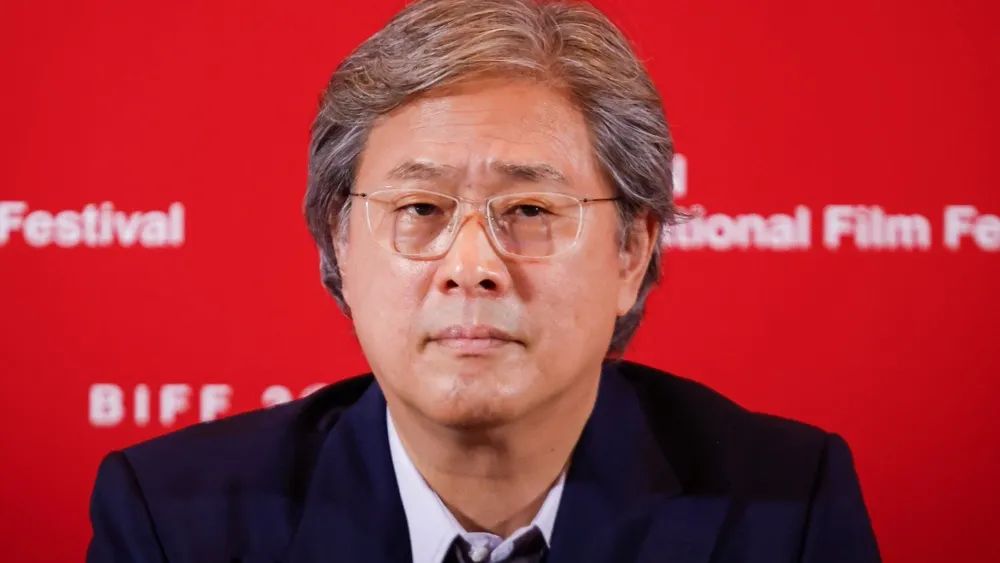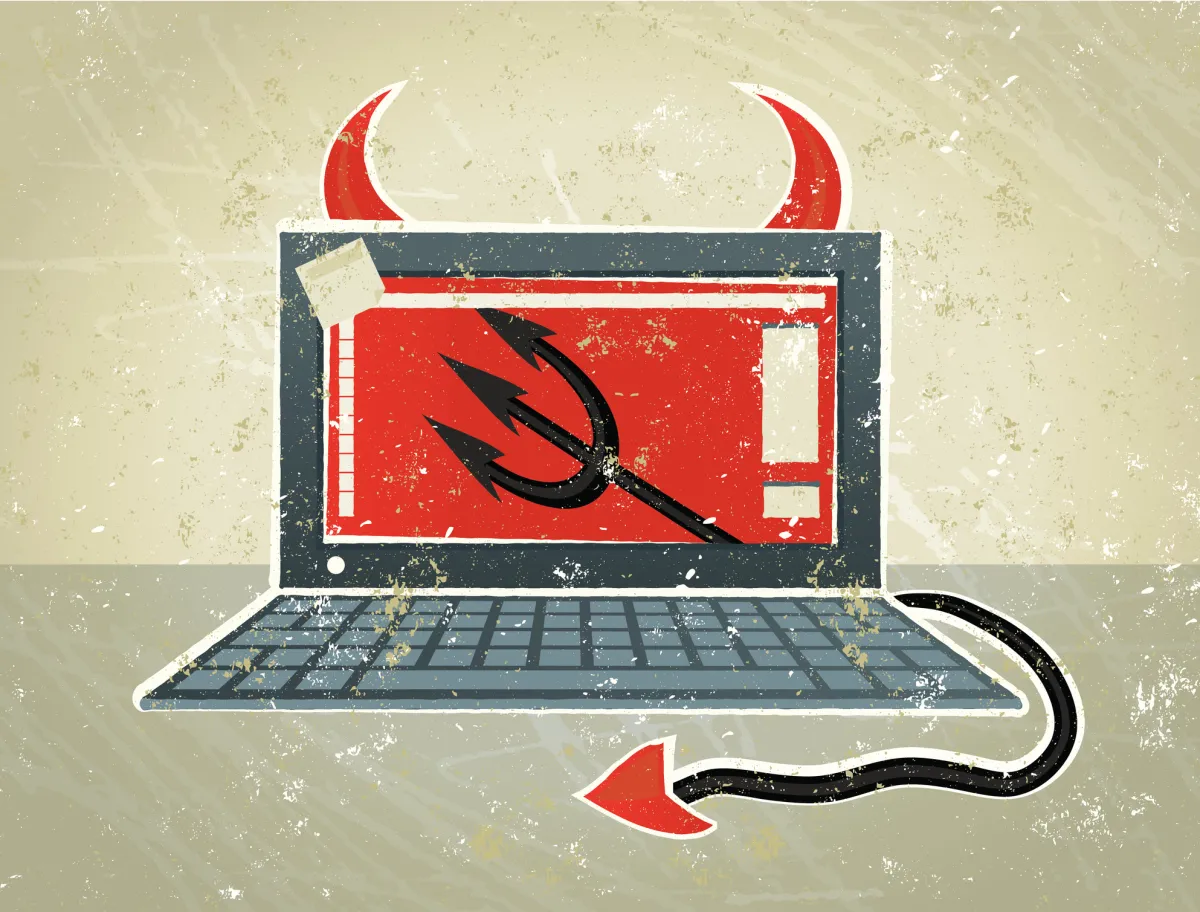
Park Chan-wook is witnessing a crisis in Korean cinema firsthand.
Korean cinema is facing its steepest downturn in two decades, with nationwide admissions plunging to just 40.7 million in the first half of 2025, down from 62.9 million a year earlier and on track to fall below the symbolic annual 100 million mark for the first time since 2004, excluding the pandemic years. A dearth of domestic blockbusters, rising competition from streaming platforms and consumer belt-tightening are drivers of the slump, which threatens to upend one of Asia’s most dynamic theatrical markets. The industry is currently confronting an existential threat to its once-thriving theatrical culture.
“I think that it’s not so much the crisis of cinema. It’s a crisis of the movie theaters,” Park tells Variety at the Busan International Film Festival, where his latest thriller “No Other Choice” was the opening film. “But I also think, in turn, the crisis of the movie theaters is actually, in fact, the crisis of cinema.”
He adds: “The audience is coming all together in front of a huge screen where technology is standardized, you are almost locked in in this dark, dark room. You can’t leave, you can’t pause it, and you are completely severed from any kind of temptations or internal or external elements. I cannot imagine cinema anything other than that experience.”
But Park expresses hope that “No Other Choice,” featuring A-list stars Lee Byung-hun and Son Ye-jin, “could play even a small role in bringing back the audience who have left the theaters to return home.”
The film’s exploration of middle-class desperation and automation couldn’t be more timely. Lee plays Man-su, a laid-off paper manufacturing specialist who resorts to serial murder to eliminate his competitors for a single job opening, only to discover the position exists to supervise AI testing.
“This is a story about the desires of the middle class of today,” Park explains. “Despite what kind of hardship you may come across, it is extremely hard, they deny to accept the fall of the current state of living that you have maintained up until now.”
The director draws uncomfortable parallels between his protagonist’s plight and broader labor concerns. “After eliminating all of his human competitors, the position that he earns as a result of that, how long will that position last? Was it all for vain?” Park says, noting that in the film’s final scene, the AI’s automated lights-out system pushes Man-su out of the factory. “Is Man-su’s struggle all in vain? Is it all meaningless?”
Park also addresses his recent expulsion from the Writers Guild of America, along with co-writer Don McKellar, for allegedly writing during the 2023 strike while working on HBO’s “The Sympathizer.”
“We didn’t think or consider that we were writing during the strike,” Park says. “I am not only the writer, but I’m also the director and producer, and there are certain things that needed to be done, you know, sharing of ideas which are not actual acts of writing. So I do think it is unfortunate that it was interpreted differently.”
Despite the controversy, Park emphasizes his support for the union’s mission. “However, that is not to say that we disagree with the mission or purpose of WGA strike. We fully understand and we also fully agree and support their actions, and that stands still today.”
Looking back at BIFF’s 30-year history, Park reflects on the festival’s transformative role in expanding horizons for Korean audiences.
“For a very long time, [for] Korean moviegoers, when you think about a movie, it was usually centered on Korean films or American films, and in particular, large scale Hollywood films,” he says. “When the Busan International Festival was established 30 years ago, I think it brought awareness to the fact that we always knew there were Asian films that existed, but we weren’t really aware of it.”
The director notes that the festival helped audiences “realize how just how far we were from truly being able to understand what people that are racially and geographically very close to us, what they are thinking, and how experiencing that through film can be impactful.”



